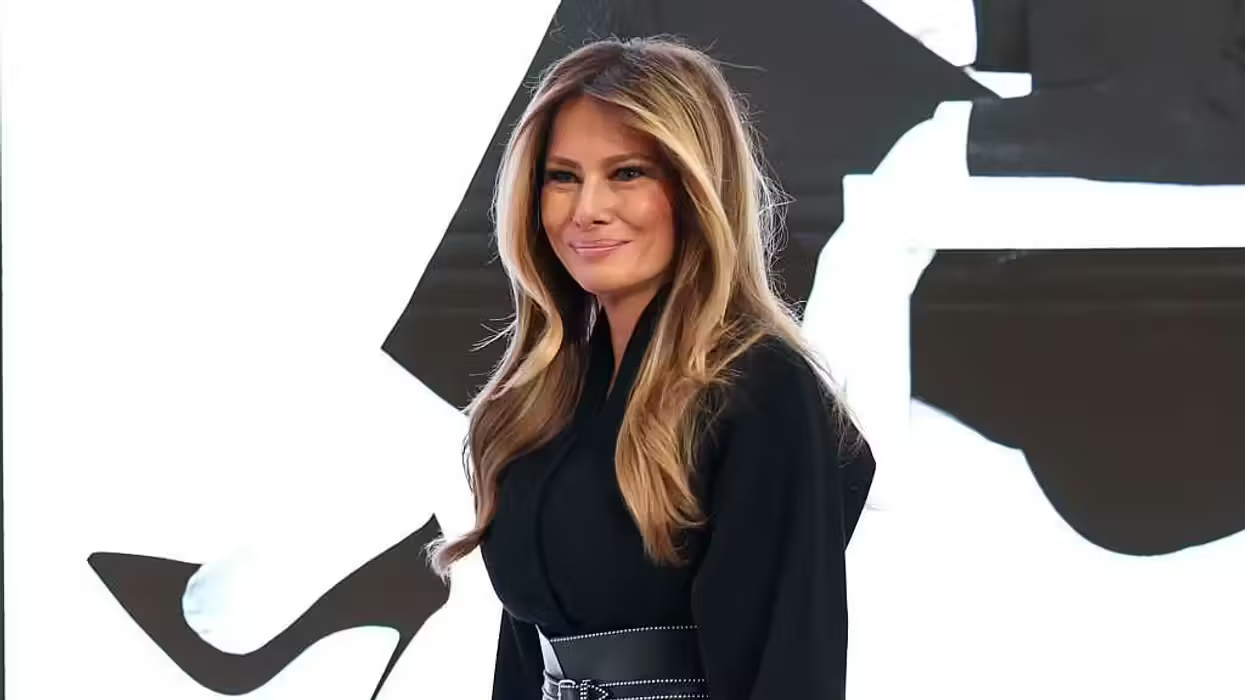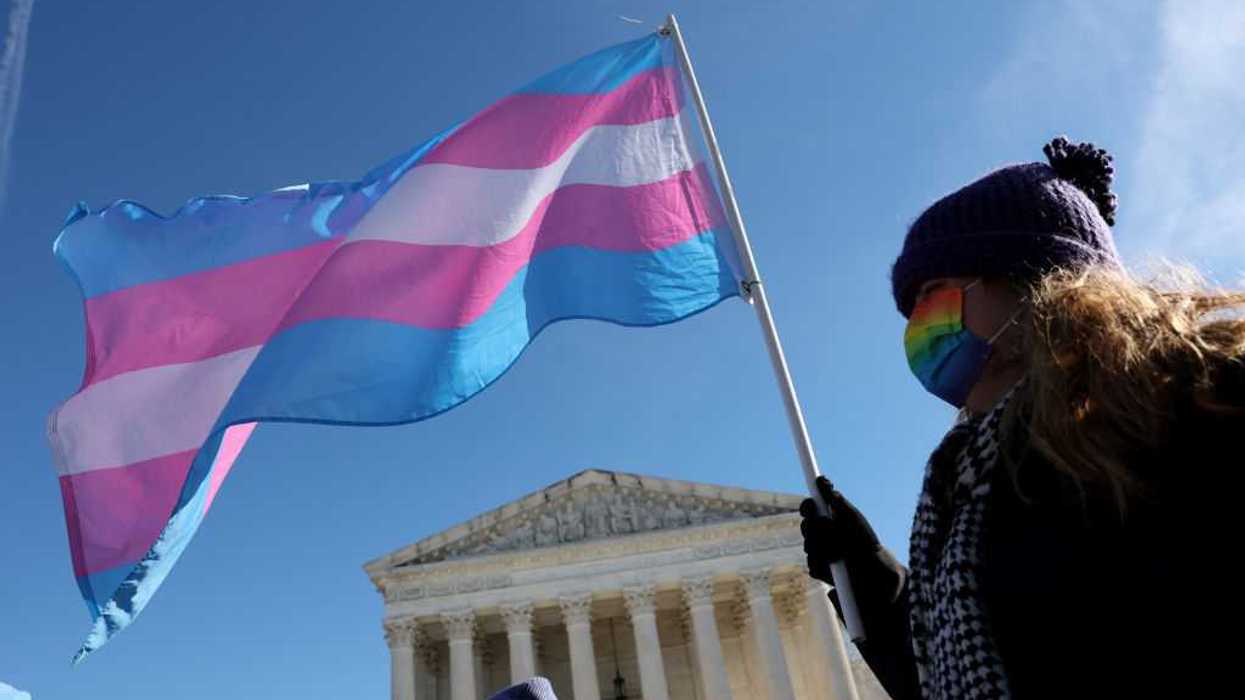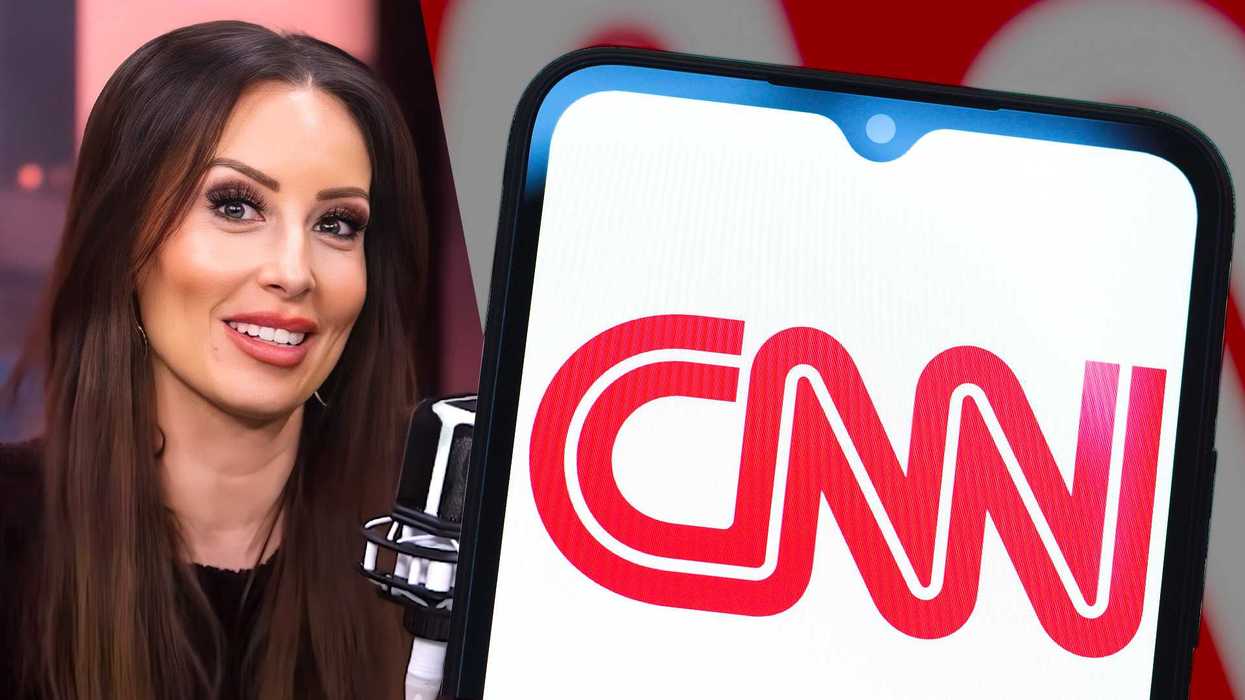© 2026 Blaze Media LLC. All rights reserved.
A Guide to Durban III: The Stakes for Israel at the ‘Anti-Racism’ Conference in NYC
September 21, 2011
With media attention focused on the Palestinian bid for statehood recognition, it might be easy to miss a no less significant event taking place this week at the United Nations related to efforts to delegitimize the existence of the Jewish state.
The Durban III conference is a one-day meeting at the UN General Assembly on Thursday focusing on the theme “victims of racism.”
Participants aim to “mobilize political will” for a “full and effective implementation of the [2001] Durban Declaration.” The draft declaration states the Durban roadmap provides “the most comprehensive United Nations framework and solid foundation for combating racism, racial discrimination, xenophobia and related intolerance.”
But this UN gathering professing to be against racism has been steeped in controversy since 2001 when the original Durban Declaration pointed to only one country as racist.
Israel, the sole member among the [then] 192 U.N. countries, was charged with racism, while the Palestinians were declared "victims" of Israeli racism. UN critics say the Durban conference is anti-Semitism dressed up as anti-Zionism and aims to reincarnate the 1975 U.N. General Assembly resolution that declared Zionism, the self-determination of the Jewish people, to be a form of racism.
UN-watcher and human rights scholar Anne Bayefsky who runs “Eye on the UN” tells the Jerusalem Post:
“Arab states at first sought to focus their attention on the defeat of Israel solely through military means, but they soon realized that the political battlefield was as important. The Durban Declaration and the follow-up processes it has spawned are the centerpiece of that political battle. By alleging Israel is racist – which they have done consistently since the mid 70’s and the Zionism is racism resolution, Israel becomes a rogue state like apartheid South Africa and a country so vile in its moral character that there is no need to negotiate with it, only to impose upon it the right answers.”
Fourteen democracies out of 193 UN members are boycotting the Durban III conference: the U.S., Canada, Israel, Czech Republic, Italy, the Netherlands, Australia, Austria, Germany, Bulgaria, United Kingdom, Poland, New Zealand and France. Bayefsky says:
“The fact that every Western member of the permanent five powers on the UN Security Council has decided to boycott a UN conference is a historic step of tremendous importance. The Palestinians – and Yasser Arafat in particular – were behind Durban I and its message. This is a major defeat of their message of rejectionism and a refutation that anti- Semitism is a legitimate political tool period.”
U.N. High Commissioner for Human Rights Navi Pillay is a driving force behind the conference. A Durban native dubbed the ‘UN’s anti-Israel anti-discrimination czar’ in the NY Daily News, “Pillay is perhaps best known for her unremitting defense of the notorious Goldstone report and for having questioned the legality of the killing of Osama Bin Laden.”
The Durban process has a long and checkered history.
The original conference against racism was held in Durban, South Africa between August 31st and September 8th, 2001. It featured as “star speakers” Fidel Castro and Yasser Arafat. So disgusted were they by the unfolding events, the delegations from Israel and the U.S. -- led by Holocaust survivor Congressman Tom Lantos -- walked out in protest.
As described by Benjamin Weinthal in Ynet News, the 2001 conference was “filled with Jew-hatred. Scores of South African Muslims in attendance carried banners declaring that ‘Hitler should have finished the job.’ Other attendees circulated literature denouncing ‘Nazi-Israeli apartheid.’”
One reason many have not heard about this conference was because the 2001 declaration passed just three days before 9/11.
The Durban Review Conference, or Durban II, took place in Geneva in April 2009. The one and only head of state to attend was Iranian President Mahmoud Ahmadinejad who opened the conference. From the U.N.’s “anti-racism” podium, he disputed the veracity of the Holocaust, saying: “The word Zionism personifies racism that falsely resorts to religion and abuses sentiments to hide their hatred and ugly faces."
Ahmadinejad’s speech took place on the birthday of Adolph Hitler, April 20th.
Ten countries refused to attend Durban II: United States, Canada, Israel, Australia, New Zealand, Germany, Italy, Poland, the Czech Republic, and the Netherlands due to the conference’s intent to reaffirm the original Durban Declaration.
The three Durban conferences are just a few examples of the anti-Israel activity of the UN, cloaked as human rights promotion. According to Eye on the UN,
In more than 50 years, 82% of all General Assembly emergency session meetings have been about condemning Israel. By comparison, no sessions were called on: Cambodia, Rwanda or Sudan genocides.
In 2010, of the General Assembly resolutions criticizing specific countries for human rights violation 78% were against Israel alone.
The UN Human Rights Council has adopted resolutions and decisions critical of specific states. Of those, 47% condemn Israel alone.
The UN Human Rights Council has historically included democracies but also brutal dictatorships. This year’s council included Cuba, Libya and Saudi Arabia. (though Libya’s membership was suspended in March.)
If these activities are not in line with American political values, maybe it’s worth taking a look at the financial ramifications. The U.S. is by far the largest supporter of the UN, in 2011 covering 22% of the international body’s regular operating budget. Is this the return on investment the American people are looking for?
How anti-Israel and anti-American activities converge at the UN is highlighted in this video:
The European Union also contributes to operating costs. “The only issue that the EU should be discussing is the total and permanent de-funding of the so-called Durban Process. From day one instead of being an effective anti-racism tool, it has been leveraged to facilitate hate and provide their podiums for the likes of one the world’s most dangerous bigots, Mahmoud Ahmadinejad,” said Rabbi Abraham Cooper, associate dean of the Simon Wiesenthal Center told the Jerusalem Post.
“With threatened economies, growing unemployment, and bailouts for banks across Europe, surely the EU can find something better to invest in than continuing the Durban farce any longer,” he added.
Opponents and proponents of the conference are expected to make their cases this week.
The so-called “Durban + 10 coalition” of NGOs is hosting four days of events in support of the conference including the: “U.S. Palestinian Community Network” and the “International Jewish Anti-Zionist Network.” Sponsors include a potpourri of socialist/green/immigration/labor activists including the “Green Party of the United States,” “Malcolm X Center for Self-Determination,” and the “International Worker Justice Campaign.”
On the anti-Durban side, the Jewish Telegraphic Agency reports:
Several hundred supporters of Israel gathered near the United Nations to protest the Durban III meeting and oppose the Palestinian statehood bid.
Wednesday's rally was organized by the pro-Israel Christian group Eagles' Wings.
Many leading Jewish groups have decided not to mount demonstrations in response to the Palestinian statehood bid or to what they see as the U.N.'s increasingly irrelevant Durban III meeting.
And on the day of the conference, Thursday, the Hudson Institute and Touro College hold an event, calling the Durban conference racist. Speakers include Holocaust survivor and Nobel Peace Prize laureate Eli Wiesel who has experienced racism firsthand, former UN Ambassador John Bolton, and others.
Want to leave a tip?
We answer to you. Help keep our content free of advertisers and big tech censorship by leaving a tip today.
Want to join the conversation?
Already a subscriber?
more stories
Sign up for the Blaze newsletter
By signing up, you agree to our Privacy Policy and Terms of Use, and agree to receive content that may sometimes include advertisements. You may opt out at any time.
Related Content
© 2026 Blaze Media LLC. All rights reserved.
Get the stories that matter most delivered directly to your inbox.
By signing up, you agree to our Privacy Policy and Terms of Use, and agree to receive content that may sometimes include advertisements. You may opt out at any time.







